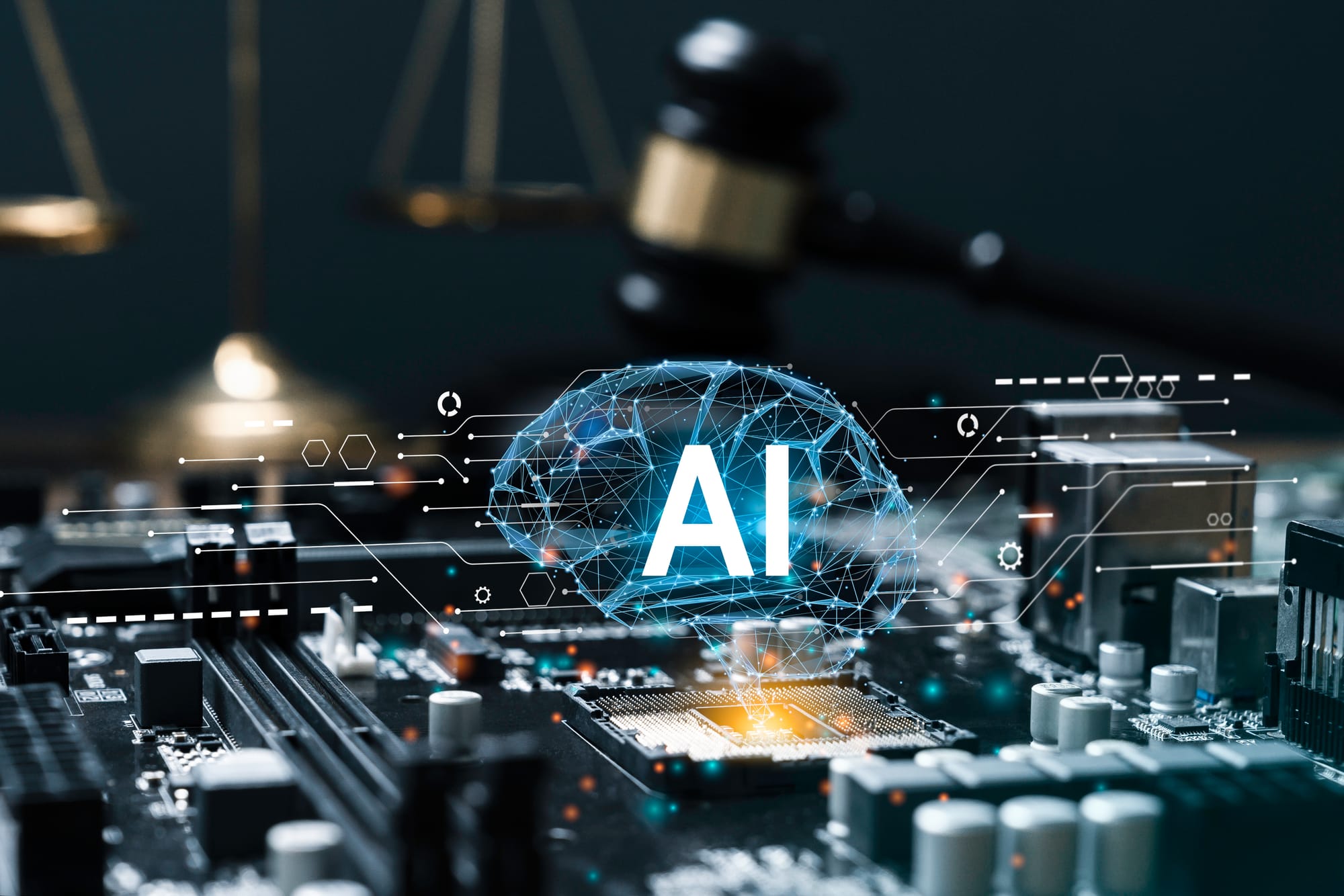The Future of AI in Security: What’s Next?

As artificial intelligence continues to evolve, its impact on security systems becomes increasingly profound. Businesses and organizations worldwide are leveraging AI to enhance their security measures, from real-time monitoring to intelligent threat detection. However, what does the future hold for AI in security? Let's explore the emerging trends and innovations that are set to redefine the landscape of security systems.
1. Autonomous Security Systems
One of the most exciting future trends is the development of fully autonomous security systems. These systems will be capable of operating without human intervention, making real-time decisions based on data analysis and predictive algorithms. Autonomous AI systems will not only detect and respond to threats but will also anticipate potential risks by analyzing patterns and behaviors over time. This proactive approach could significantly reduce response times and prevent incidents before they occur.
2. Enhanced Deep Learning Capabilities
Deep learning, a subset of AI, has already made significant strides in image and video analysis for security purposes. In the future, we can expect even more advanced deep learning models capable of understanding and interpreting complex scenarios with minimal false positives. For example, AI could distinguish between a harmless object left unattended and a potential security threat, or identify suspicious behavior in a crowd with high accuracy. These advancements will make security systems smarter and more reliable.
3. AI-Powered Behavioral Analysis
Behavioral analysis is set to become a cornerstone of AI-driven security systems. By continuously monitoring and learning from the behavior of individuals, AI can create behavioral profiles that help identify deviations from the norm. This technology could be used to flag unusual activities, such as unauthorized access attempts, insider threats, or even potential workplace violence. The future of security will likely see AI systems not just reacting to events but understanding and predicting human behavior to enhance safety.
4. Integration with IoT Devices
The Internet of Things (IoT) is rapidly expanding, connecting everything from smart homes to industrial equipment. In the future, AI-driven security systems will be deeply integrated with IoT devices, creating a network of interconnected sensors and cameras that communicate in real-time. This integration will allow for more comprehensive surveillance and quicker responses to incidents. Imagine a system where your smart locks, cameras, and even lighting work together to detect and deter intruders automatically.
5. AI-Driven Cybersecurity
As physical security systems become more advanced, so too must the protection of the digital infrastructure that supports them. AI-driven cybersecurity will play a critical role in safeguarding these systems from cyber threats. Future AI will be capable of identifying vulnerabilities, detecting intrusions, and responding to cyber-attacks in real-time, all while learning from each encounter to improve its defenses. This continuous learning process will ensure that security systems remain resilient in the face of evolving threats.
6. Ethical AI and Privacy Considerations
As AI becomes more ingrained in security systems, ethical considerations will take center stage. Issues such as data privacy, surveillance, and bias in AI algorithms will need to be addressed. In the future, we can expect to see stricter regulations and standards governing the use of AI in security, ensuring that these technologies are deployed responsibly. Additionally, advancements in privacy-preserving AI techniques, such as federated learning, will allow security systems to operate effectively without compromising individual privacy.
7. AI-Enhanced Human Collaboration
While AI is becoming increasingly autonomous, the future of security will likely involve enhanced collaboration between humans and machines. AI will handle the heavy lifting of data analysis and threat detection, while human operators will focus on making strategic decisions and handling complex situations that require empathy and ethical judgment. This synergy between AI and human expertise will create more effective and responsive security systems.
Conclusion: The Future is Intelligent and Secure
The future of AI in security is bright and full of potential. From autonomous systems to deep learning advancements, AI is set to revolutionize how we protect our assets, people, and data. As these technologies continue to evolve, they will bring about a new era of security that is not only more effective but also more intelligent and adaptive. For businesses and organizations, staying ahead of these trends will be crucial in ensuring their security measures remain robust and future-proof.


